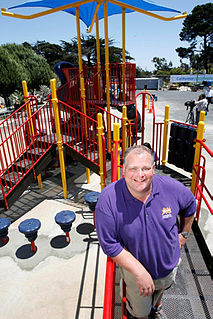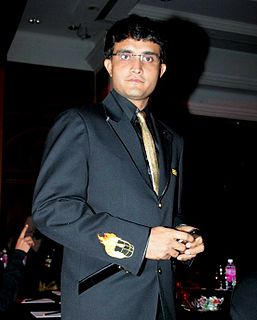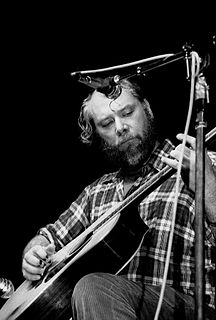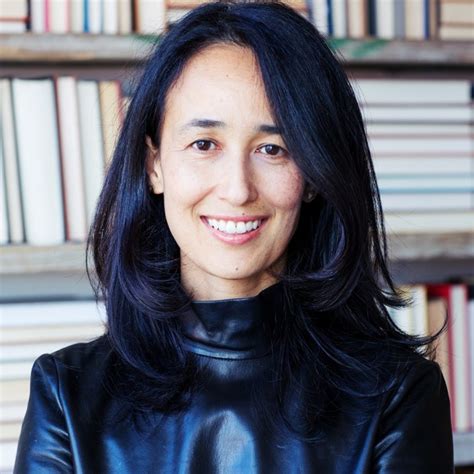A Quote by Darell Hammond
At KaBOOM! we are crowd-sourcing a nationwide Map of Play that uses GIS data and user rankings to identify where the engaging playgrounds are located, but more importantly, where they are not.
Related Quotes
Here's the truth you have to wrestle with: the reason that art (writing, engaging, leading, all of it) is valuable is precisely why I can't tell you how to do it. If there were a map, there'd be no art, because art is the act of navigating without a map. Don't you hate that? I love that there's no map.
Own one idea. Complete it. Map the current model of purchase and usage. Change how it is done so at least some part of the market uses only your product. Extend from that core user to a much broader universe. Describe your concept in a very short, "six-word story" - a la Ernest Hemingway: "For sale: baby shoes, never worn."


































